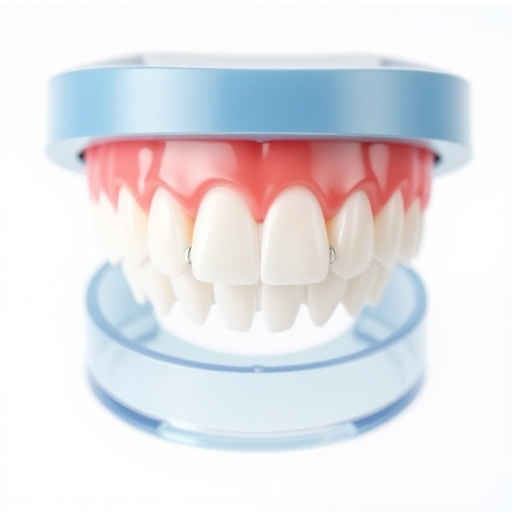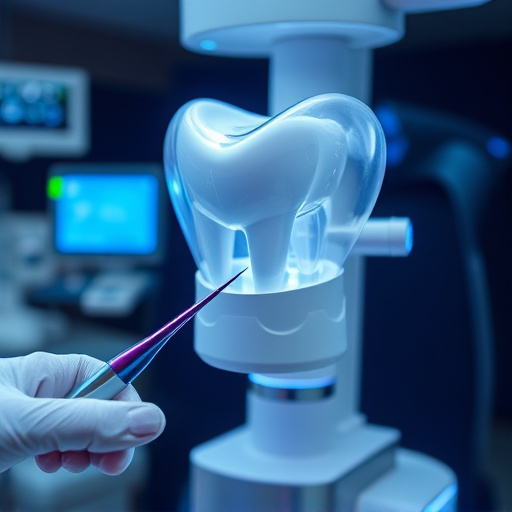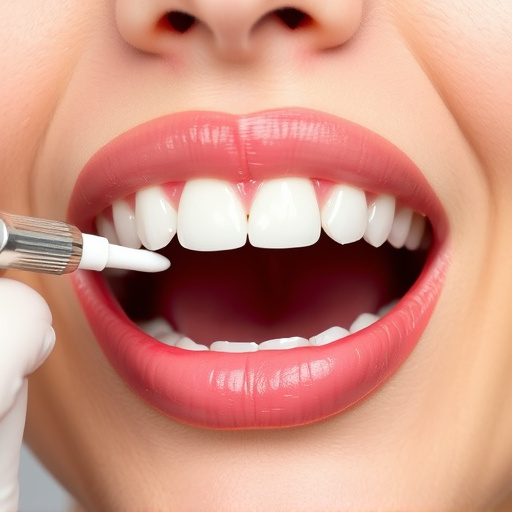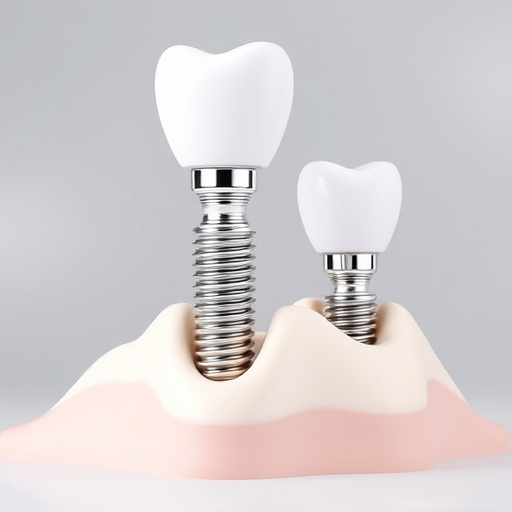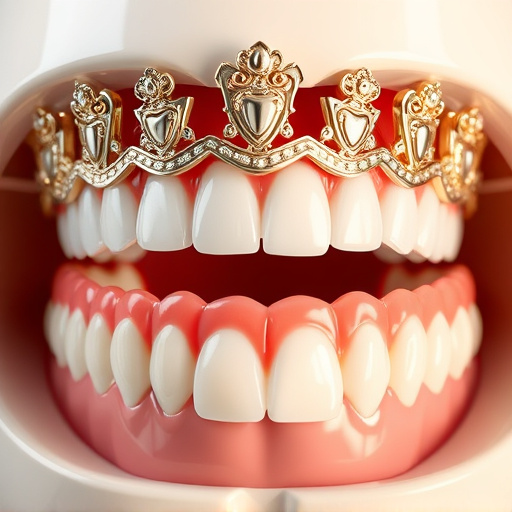Sleep apnea disrupts sleep cycles and cognitive functions, leading to fatigue, concentration problems, and impaired decision-making if untreated. Effective management includes dental care for identifying and treating contributing factors like misaligned jaws or dental issues. Regular oral hygiene and dental check-ups enhance overall health, promoting mental clarity crucial for restoring focus and addressing the condition's detrimental effects on cognitive performance.
Sleep apnea, a common yet often overlooked condition, can significantly impair cognitive function, leading to decreased focus and mental clarity. Understanding the impact of this disorder is crucial for recognizing its detrimental effects on daily life. This article explores the transformative power of sleep apnea treatment in restoring mental acuity. We delve into the science behind how effective therapy can enhance cognitive performance, offering a promising path to improved focus and overall well-being for those affected. Sleep apnea treatment emerges as a powerful tool in reclaiming mental clarity.
- Understanding Sleep Apnea and Its Impact on Cognitive Function
- The Role of Sleep Apnea Treatment in Restoring Mental Focus
- Scientific Evidence Supporting the Positive Effects of Sleep Apnea Therapy on Cognitive Performance
Understanding Sleep Apnea and Its Impact on Cognitive Function

Sleep apnea is a common sleep disorder characterized by pauses in breathing during sleep, leading to disrupted sleep cycles and potential long-term health issues. This condition can have a significant impact on an individual’s cognitive abilities and overall mental well-being. When left untreated, sleep apnea can result in persistent fatigue, difficulty concentrating, and impaired decision-making skills. The disruption caused by pauses in breathing prevents the brain from receiving adequate oxygen supply, affecting cognitive function and memory retention.
Comprehensive dental care plays a crucial role in managing sleep apnea. Routine oral exams can help identify potential contributors to the disorder, such as poor tooth alignment or underlying dental issues. Customized clear aligners, for instance, can be used to gently reposition the jaw, improving airflow during sleep. By addressing these factors, individuals can experience improved breathing patterns and enhanced cognitive focus. Additionally, maintaining good oral hygiene practices in conjunction with regular dental check-ups contributes to overall health and well-being, ensuring optimal mental clarity.
The Role of Sleep Apnea Treatment in Restoring Mental Focus

Sleep apnea treatment plays a pivotal role in restoring mental focus and clarity. This condition, characterized by interrupted breathing during sleep, can have severe consequences on cognitive function. When left untreated, sleep apnea leads to chronic fatigue, difficulty concentrating, and impaired decision-making abilities. However, with proper management through continuous positive airway pressure (CPAP) therapy or other innovative solutions like oral appliances, individuals can experience significant improvements in mental performance.
Restoring mental focus isn’t just about getting more sleep; it involves enhancing the quality of rest. Sleep apnea treatments ensure uninterrupted breathing throughout the night, allowing for deep and restorative sleep cycles essential for optimal brain function. This, in turn, boosts concentration, memory retention, and overall mental clarity during waking hours. Moreover, addressing sleep apnea can alleviate associated health risks, such as increased blood pressure and cardiovascular problems, further contributing to improved cognitive health and well-being.
Scientific Evidence Supporting the Positive Effects of Sleep Apnea Therapy on Cognitive Performance

The scientific community has increasingly recognized the profound impact of sleep apnea on cognitive function and overall mental well-being. Numerous studies have delved into the relationship between this sleep disorder and various aspects of brain health, uncovering compelling evidence in support of sleep apnea treatment as a strategy to enhance cognitive performance.
Research has shown that individuals suffering from untreated sleep apnea often exhibit impaired attention spans, memory retention issues, and reduced problem-solving abilities. These cognitive deficits are attributed to the repetitive interruptions during sleep, leading to fragmented rest and altered brain activity patterns. However, with the advent of effective sleep apnea treatment options, such as continuous positive airway pressure (CPAP) therapy, these negative effects can be mitigated. The application of CPAP machines has demonstrated significant improvements in concentration, decision-making skills, and memory recall among patients who adhere to regular use, thus underscoring the importance of addressing sleep apnea for optimal cognitive function. Even procedures like cosmetic dentistry or emergency dental care, while not direct treatments for sleep apnea, can play a supporting role by alleviating associated oral health issues that may exacerbate sleep disorders.
Sleep apnea treatment isn’t just about improving sleep quality; it’s a powerful tool for enhancing focus and mental clarity. By addressing the interruption of breathing during sleep, this treatment restores cognitive function, backed by robust scientific evidence. For those struggling with concentration and mental sharpness, prioritizing sleep apnea treatment can be a game-changer, leading to improved overall performance in daily life.








